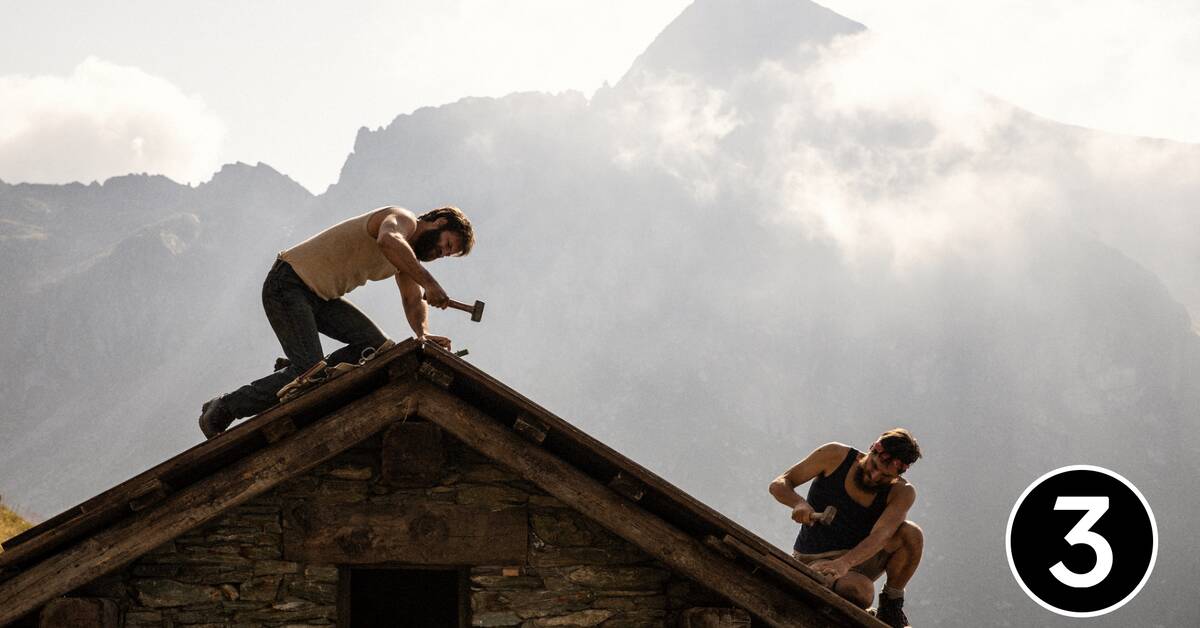Finding his place in the world is difficult, but not for Bruno. He grows up with his uncle and aunt as an only child in a small mountain village of 14 inhabitants. Things like schooling, childhood, city and career are abstract concepts for him. Instead, he possesses knowledge of how to make cheese from fresh cow's milk, build stone walls and slaughter goats.
For the lonely city boy Pietro, who comes to the village over the summer, he sees in Bruno a freedom. The opposite of the traditional, academic future his father had conceived for him.
But Pietro's parents destroy something when, in all good faith, they offer to take Bruno home to Turin and let him go to school there. "It would destroy someone like Bruno," Pietro shouts in despair. He understands, despite his young age, that it is not possible to domesticate nature or change anyone's true calling. The parents' clumsy attempts to do just that have the consequence that Pietro and Bruno are not seen for 15 years.
When fate brings them back together many years later, Bruno is where he should be, in the mountains, while Pietro has not yet found his way home. He travels the world, he ends up in Nepal and learns the legend of the eight mountains of the world. Some visit them all, others just one.
The fact that the film is long, almost two and a half hours, and is told at a slow pace certainly fits both the nature theme and the fact that the main characters slide in and out of each other's lives for over 30 years. But still makes it difficult to keep the energy up all the way.
The film is based on an award-winning novel from 2016, something you have had difficulty freeing yourself from, which is reinforced by the use of a narrative voice that is sometimes superfluous. Especially so when the author Paolo Cognetti's prose sparkles in the lines.
Like when the scientifically inclined father Giovanni says that "a glacier is the memory of hundreds of winters, which the ice preserves for us". Such images, both figurative and visual, make the film still stay in the mind.

